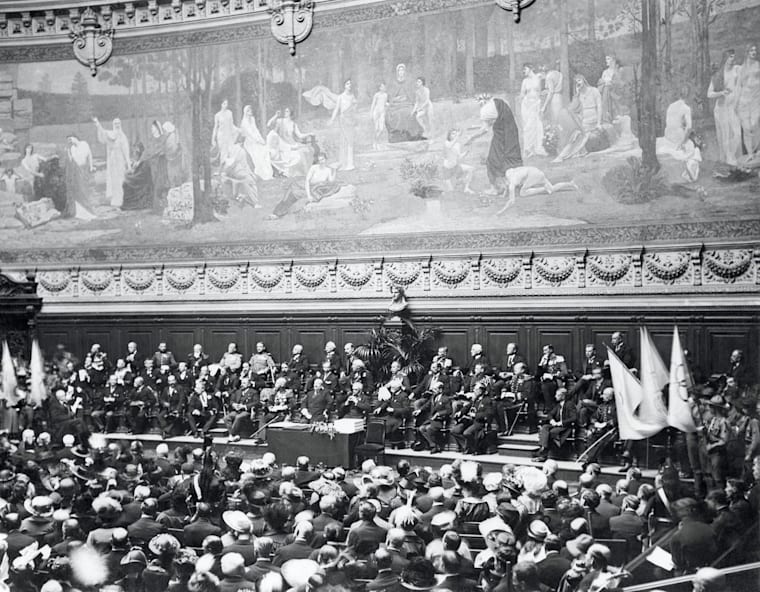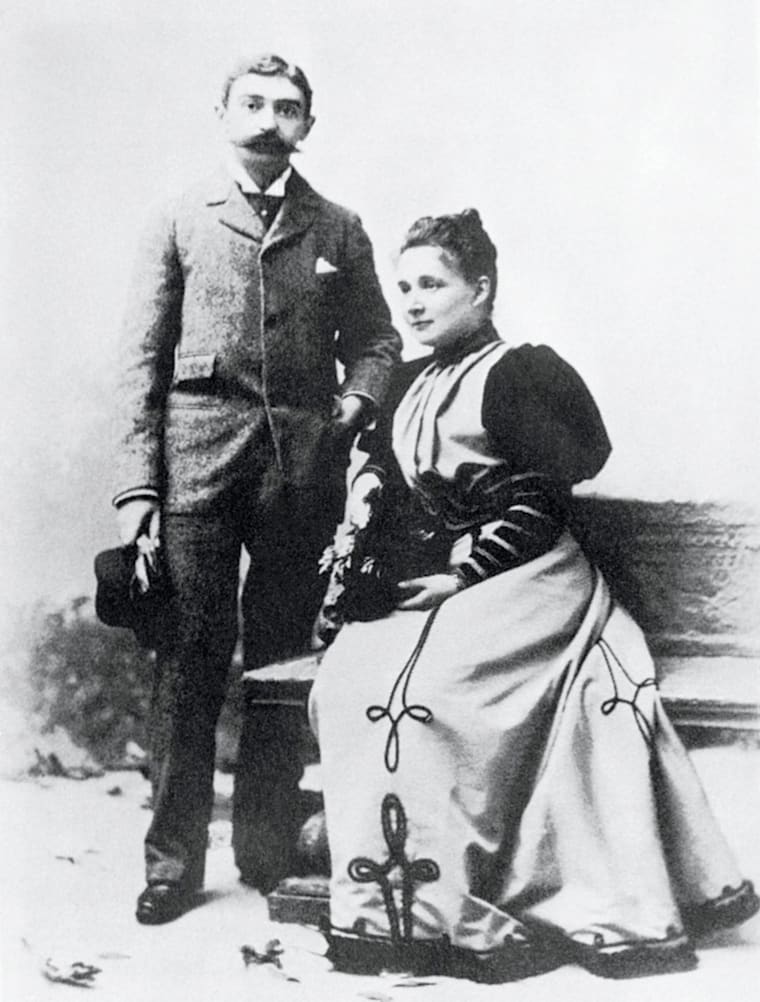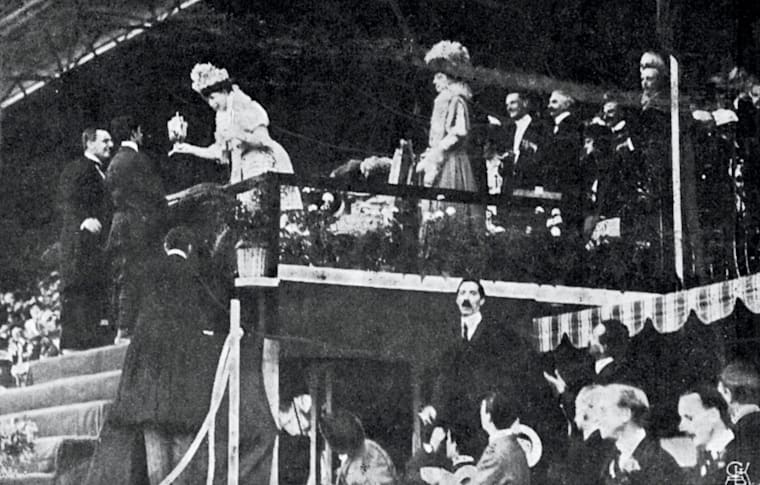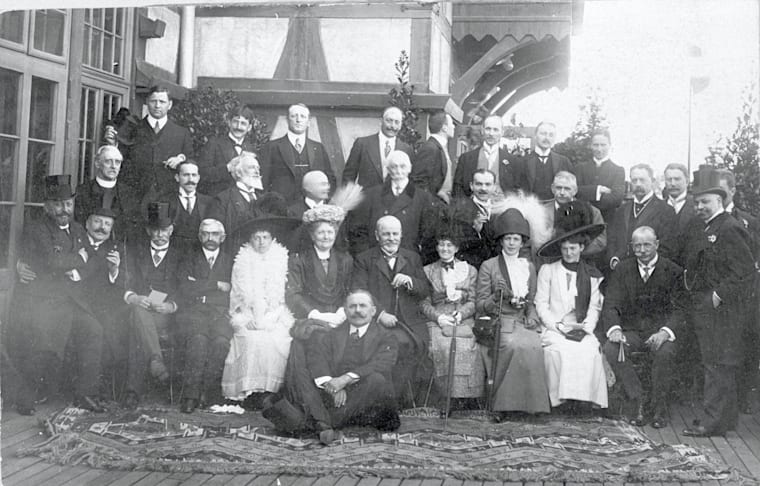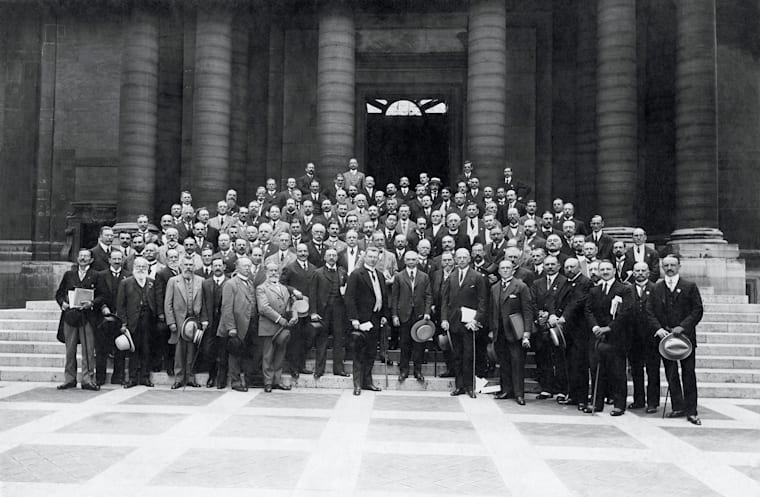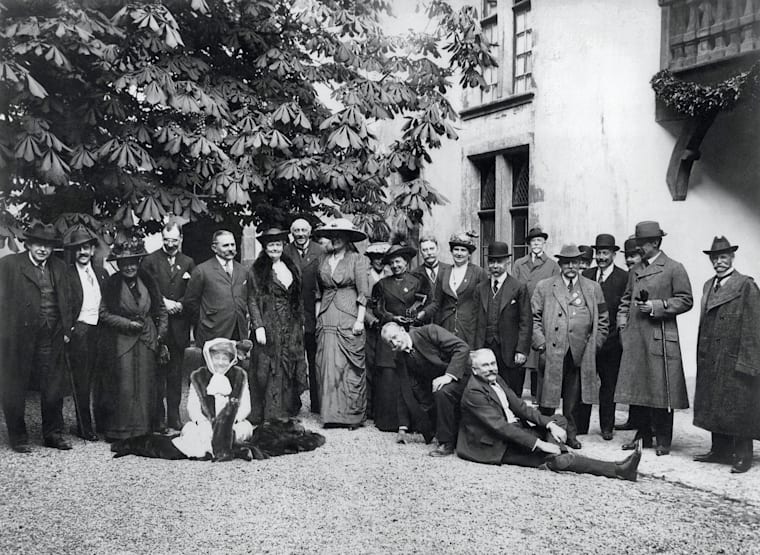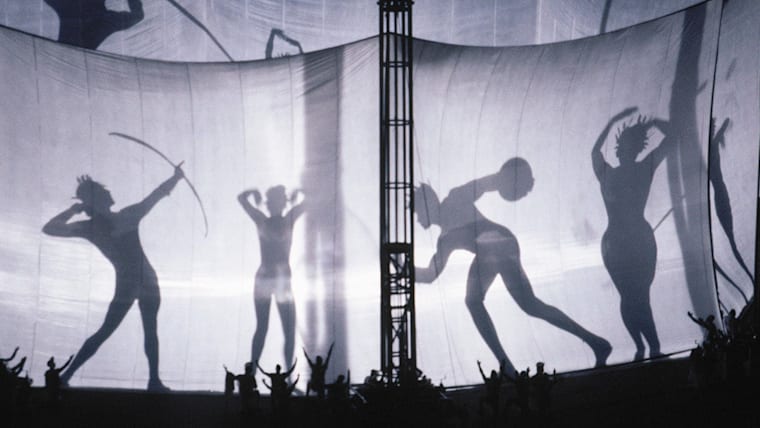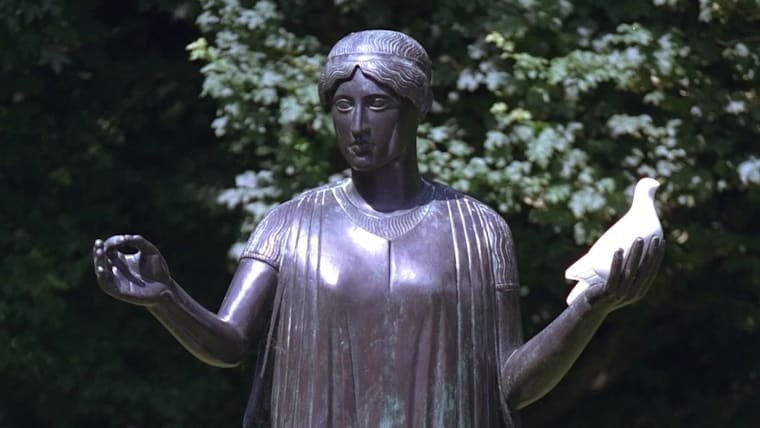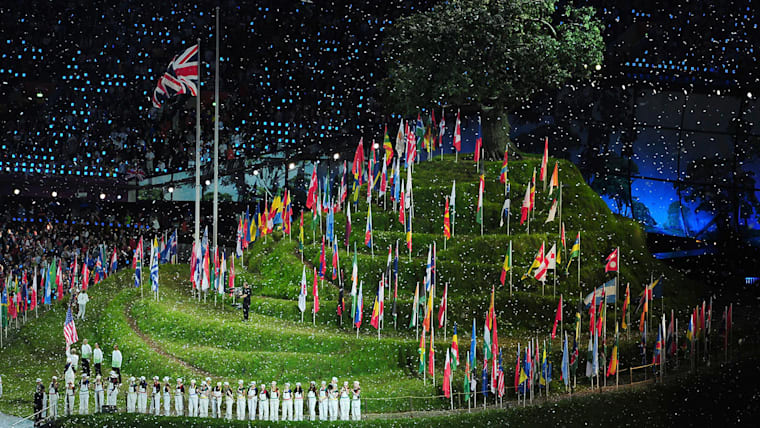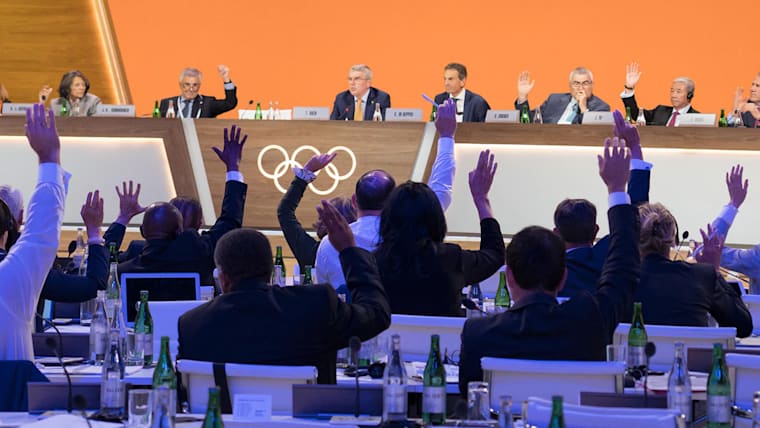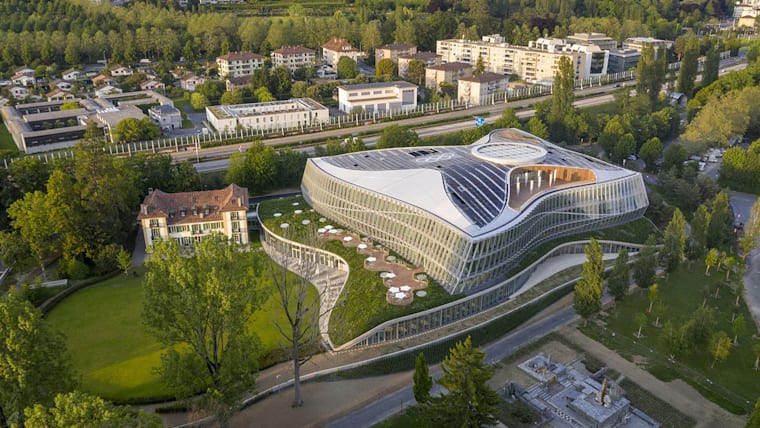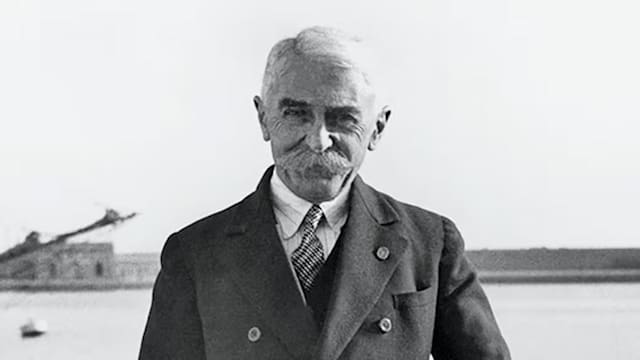Pierre de Coubertin
Baron Pierre de Coubertin was only 1.62 metres tall, but by many measures, he was a giant of the 20th century. Born into the French aristocracy on 1 January 1863, he became a champion of the common man, embracing the values of France’s Third Republic liberty, equality, fraternity as a young adult.
Coubertin set out on a quest to give French children what British students already had: sport in education. By the age of 25, he had become a leader of French education reform.
At the 1889 Paris Universal Exposition, he organised the world’s first Congress on Physical Education and began to build the international network of educators, politicians, aristocrats, commerce, culture and sport who would help him fulfil his Olympic dream. Five years later, on 23 June 1894, in the grand amphitheatre of the Sorbonne University, 2,000 people rose in acclamation of his proposal to revive the Olympic Games.

"Olympism is not a system, it is a state of mind. It can permeate a wide variety of modes of expression and no single race or era can claim to have the monopoly of it"
Pierre de Coubertin
Like so many visionaries, he had his blind spots. Although he said about sport: “For every man, woman and child, it offers an opportunity for self-improvement,” he openly opposed the participation of women in elite track and field events throughout his life. Nevertheless, the participation of women in the Olympic Games grew six-fold under Coubertin’s presidency. Over time, the Olympic Games became a triumph of diversity for men and women, uniting all nations in friendship and peace through sport in the world’s greatest celebration of humanity.












Baron Pierre de Coubertin
The French genius of sport who founded the modern Olympic Games
1863
Charles Pierre de Coubertin is born on 1 January in Paris. He is the fourth child of Charles Louis de Fredy, Baron de Coubertin, and Agathe Marie Marcelle Gigault de Crisenoy.
1892
In a lecture at the Sorbonne on the subject of physical activity in modern times he rounds out his presentation with his proposal of the idea to re-establish the Olympic Games.
1894
On 23 June at the International Congress of Paris for the Re-establishment of the Olympic Games he sees his dream realised as the Congress approves the proposal.
1896
At the 1896 IOC Session, Pierre de Coubertin is elected as the 2nd President of the IOC and takes over from Demetrius Vikelas.
1896
The first celebration of the modern Olympic Games took place in its ancient birthplace - Greece. The Games attracted athletes from 14 nations, with the largest delegations coming from Greece, Germany, France and Great Britain.
1912
Coubertin’s vision of the inclusion of arts competitions in the Olympic Games is realised with their first edition taking place at Stockholm 1912. Entered under the pseudonyms of Georg Hohrod and Martin Eschbach, Coubertin’s Ode to Sport wins the gold medal in the literature category.
1913
Pierre de Coubertin designs Olympic Rings. A year later he writes that the “five rings represent the five parts of the world now won over to Olympism” and the five colours of the rings plus the white background of the flag “combined to produce the colours of every country”.
1925
At the Olympic Congress, in Prague, Coubertin stated that when it came to the Olympic Games “All people must be allowed in, without debate, just as all sports must be treated on equal footing, without concern for the fluctuations or caprices of public opinion”.
1935
In a speech recorded in Geneva for German radio, Coubertin focuses on delivering a message about the “philosophic foundation of modern Olympism”.
1937
On 2 September, Pierre de Coubertin collapses in a park in Geneva and subsequently dies. He is buried in Lausanne. As per the wishes expressed in his will, his heart is taken to Olympia where it is placed in a marble stele that commemorates the revival of the Olympic Games
Baron Pierre de Coubertin
The French genius of sport who founded the modern Olympic Games
Coubertin’s perspective on:
Gallery
